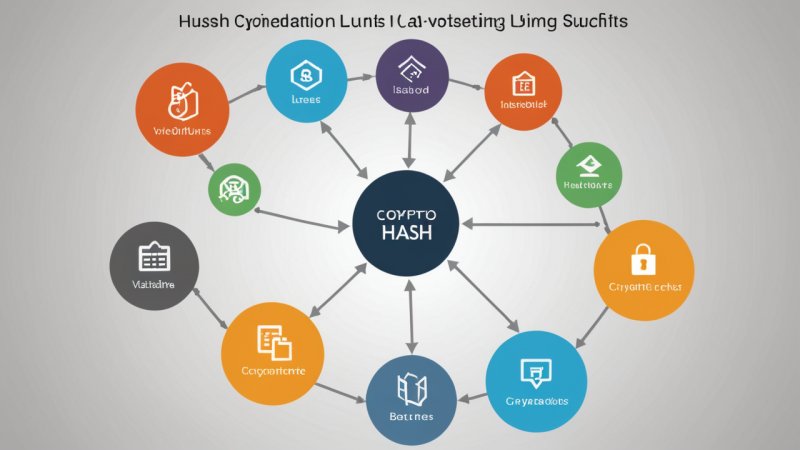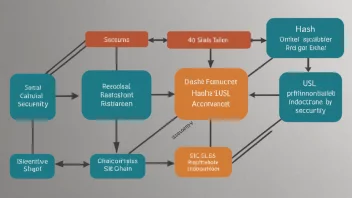Introduction
Secure voting systems are crucial for maintaining the integrity and trustworthiness of elections. One of the foundational elements that contribute to this security is the use of cryptographic hash functions. Hash functions help in ensuring that votes are securely recorded, verified, and protected from tampering. Below, we explore the top seven hash functions that can be effectively implemented in secure voting systems.
1. SHA-256
The SHA-256 (Secure Hash Algorithm 256-bit) is widely used due to its robust security features. It produces a fixed-length hash value of 256 bits, making it resistant to collision attacks.
- Application: Ideal for creating digital signatures and verifying data integrity in voting systems.
2. SHA-3
SHA-3 is part of the Secure Hash Algorithm family, designed to offer a higher level of security. Unlike its predecessors, it employs a different construction method called Keccak.
- Application: Suitable for applications requiring high security, such as encrypted voter data.
3. BLAKE2
BLAKE2 is known for its speed and security, making it an efficient choice for hashing in secure voting protocols. It offers a variable output size and is highly optimized for performance.
- Application: Useful for hashing large sets of votes quickly while maintaining security.
4. RIPEMD-160
RIPEMD-160 is a cryptographic hash function that generates a 160-bit hash value. While not as commonly used as SHA-256, it provides a strong alternative.
- Application: Can be implemented in scenarios requiring a different hashing standard than SHA.
5. Whirlpool
Whirlpool is a cryptographic hash function that produces a hash value of 512 bits. It is known for its security and resistance to attacks.
- Application: Effective for securing ballot data and ensuring the authenticity of voter information.
6. Argon2
Argon2 is primarily a password hashing function, but it can be adapted for secure voting systems. It is memory-hard, which makes it resistant to GPU-based attacks.
- Application: Ideal for securely hashing voter credentials and preventing unauthorized access.
7. Skein
Skein is a versatile hash function that is part of the NIST hash function competition. It is designed for scalability and offers a range of output sizes.
- Application: Can be used in diverse voting applications, from digital signatures to ballot verification.
Conclusion
Incorporating the right hash functions in secure voting systems is essential for ensuring data integrity, preventing tampering, and maintaining voter trust. By leveraging these seven hash functions, developers can create robust and secure voting systems that uphold democratic processes.






